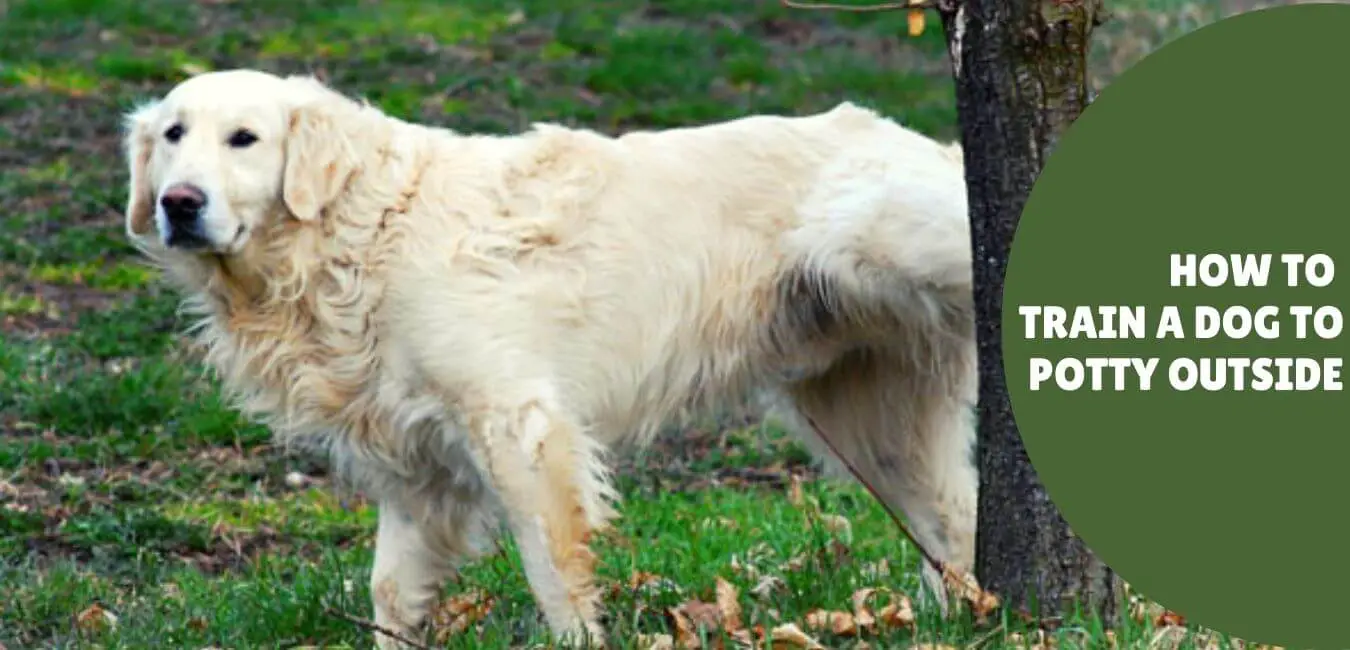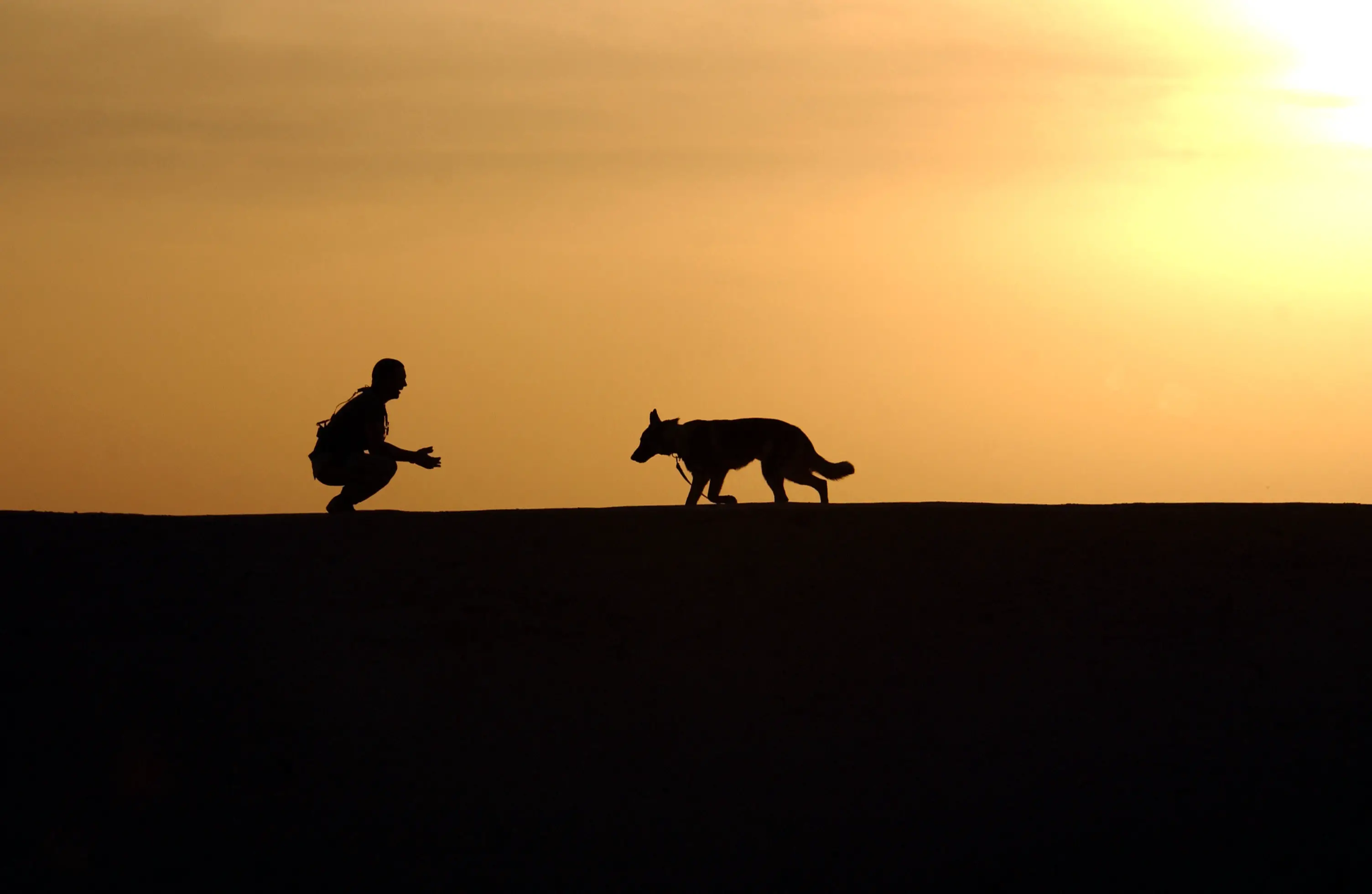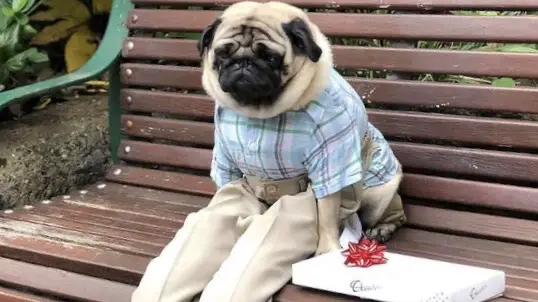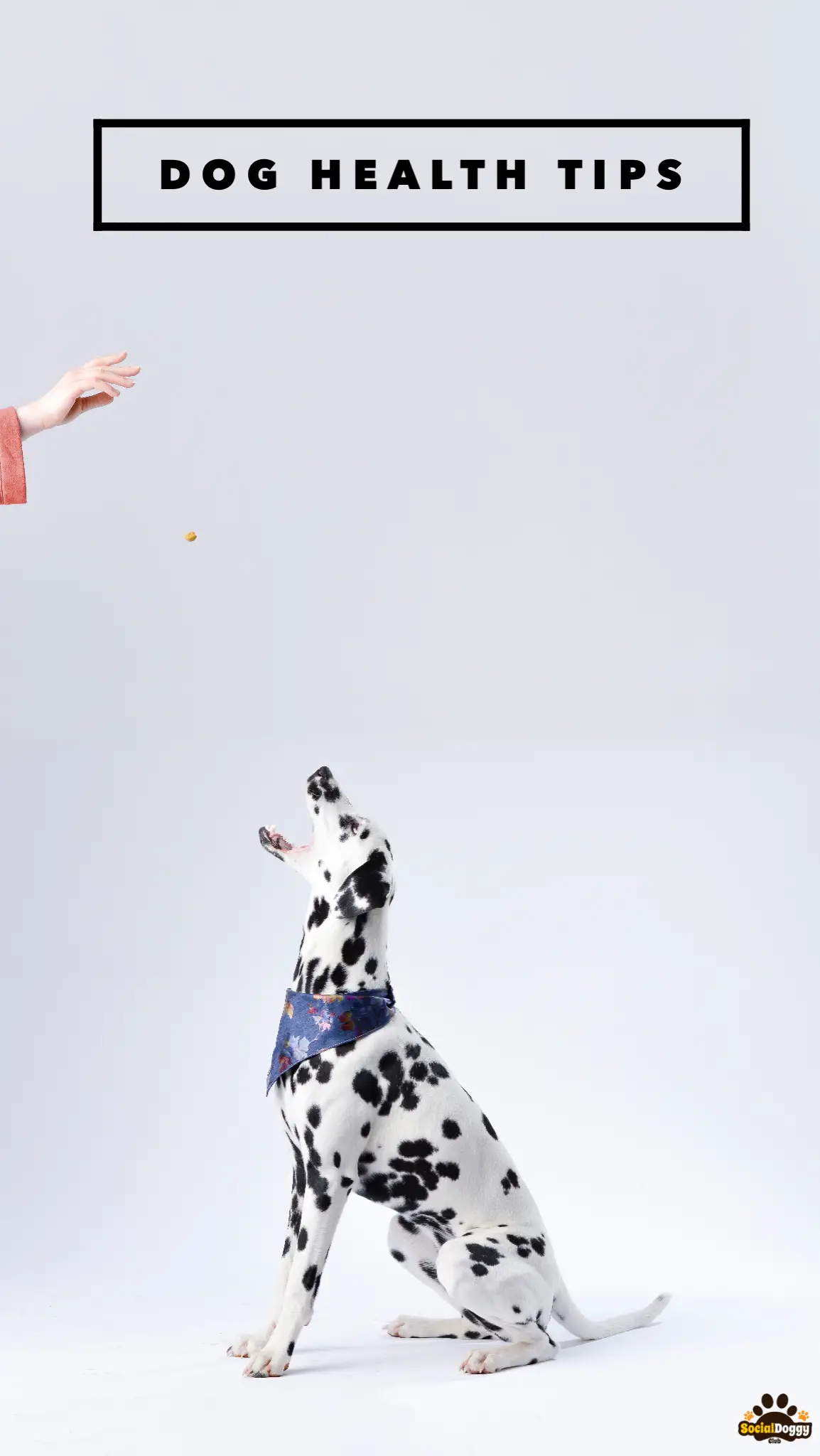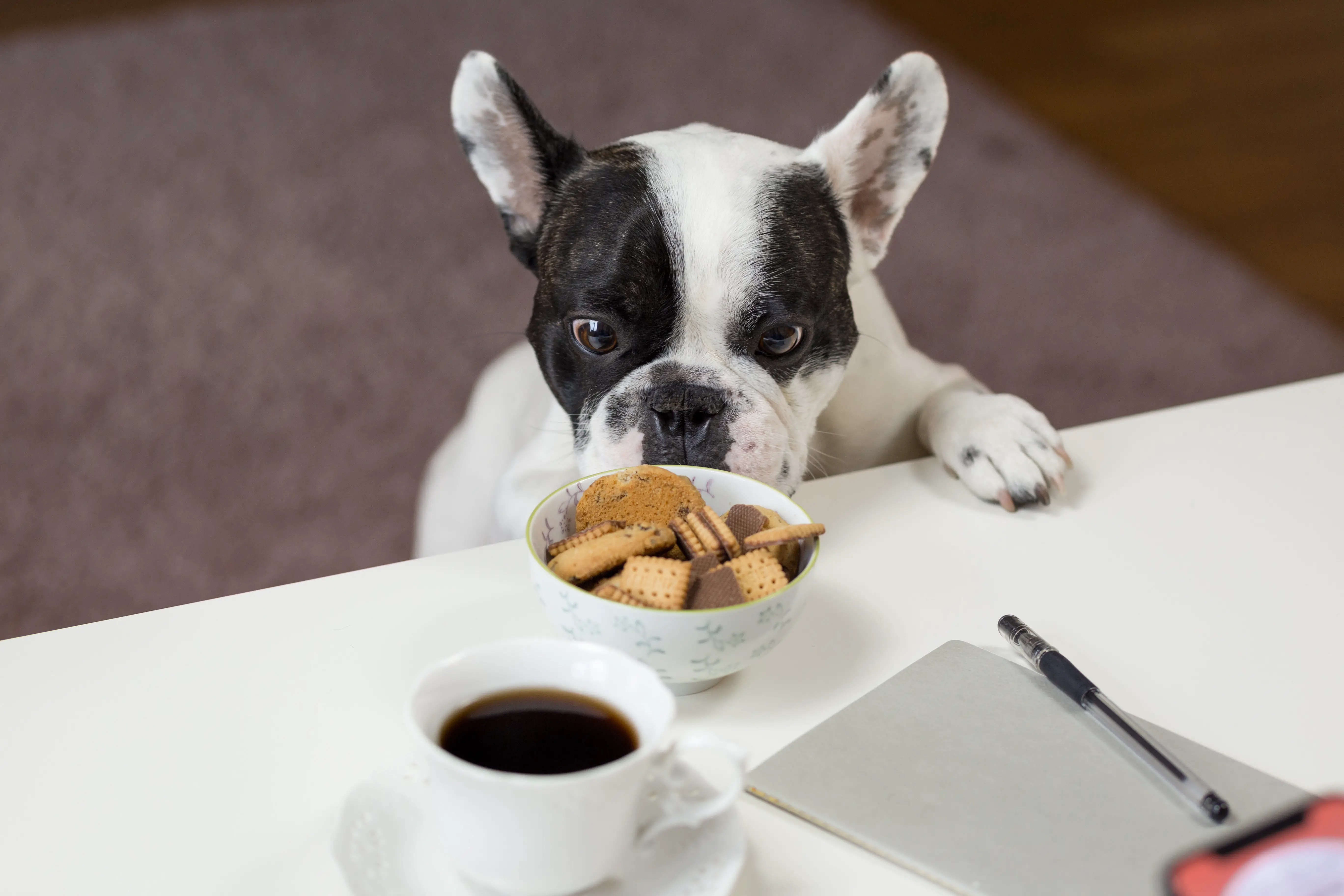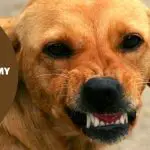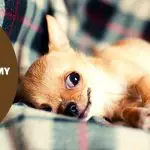Contents
What needs to be considered?
It takes effort and patience to potty train a dog. When training a puppy, it is advisable to take him outside frequently and wait for him to go potty.
How often does my puppy need to go potty?
It’s important to take the puppy outside as much as you can during the first several months. You’ll succeed in making them go outside to potty after that.
This means that you should take them outdoors to relieve itself after it has eaten, slept, and played. Bring them calmly back inside from outside.
This might be every hour or every two hours until the pup is three months old. Older pups should be able to go potty outside every three to four hours instead.
You’ll soon gain a knack for the signals if you pay attention in between outings. After you do, immediately take them outside without getting nervous, and when they are done, give them plenty of praise in a loving manner. The more times they catch glimpses of you while they’re outside, the better the relocation will have worked out for you.
How can I tell if my dog has to go potty?
Puppies don’t want to be close to where they go potty by nature. In this regard, they frequently go at a distance from the house.
Even with excellent training, teaching a dog to go potty outside might take months. So you must have patience.
The following signs might mean that the puppy has to go potty again:
- They are anxious.
- Constant sniffing around.
- They head to the door.
- They spin around in circles.
Additional obstacles
Another issue might be that the puppy has been trained by the breeder to pee alone and on a certain surface. If so, they must first learn on a grassy or paved surface.
Also, puppies are discovering the outside world. They are instantly distracted in nature since everything piques their curiosity. Some owners genuinely neglect their needs as a result, which causes problems at home.
The ideal situation is for the puppy to have a set location to relieve itself right away. Find this location so that they can quietly relieve themselves before and after each walk.
How to train a puppy to go potty outside: What can I do at night?
If you don’t let the puppy out at night, another issue can develop. Most likely, he will push his way to a remote area of the house and conduct his business there.
To prevent this from happening, you can set an alarm at night and take them outside for a brief period of time at their regular pace. Another option is to have your dog rest next to your bed in a carrier. You will notice him more and be able to take him outside if he has to relieve himself.
It must feel comfortable inside the carrier. Also, remember how fast puppies grow and buy one that is the appropriate size. However, be careful since a large carrier can make him to use one spot for sleeping and another for going to the bathroom.
Therefore, it’s important to take him out frequently at night as well in order to encourage him to go outside. A dog who is constantly urged to go potty outside learns much more quickly.
Three practical tips for training a dog to go potty outside
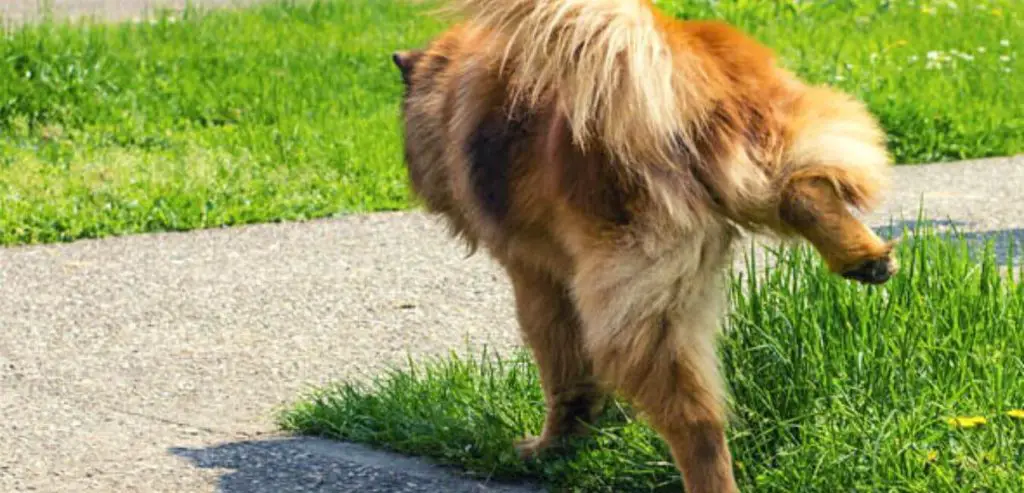
Have you tried all the above suggestions and your puppy still won’t go potty outside? Here are three more suggestions that could be useful in challenging situations.
Dog toilet
Your dog or puppy can learn how to relieve himself properly with the use of a dog toilet. But remember, the puppy may become used to going there rather quickly. If this is all he is aware of, it will be more challenging to train him to go outside.
Special cleaning products
If your puppy has an accident, use a specific cleaner to disinfect the affected area right away. If not, the dog will think it’s a good spot to relieve itself.
A special cleaning product is needed since a good dog’s sense of smell can detect scents long after humans have stopped doing so.
Important: Do not scold the puppy
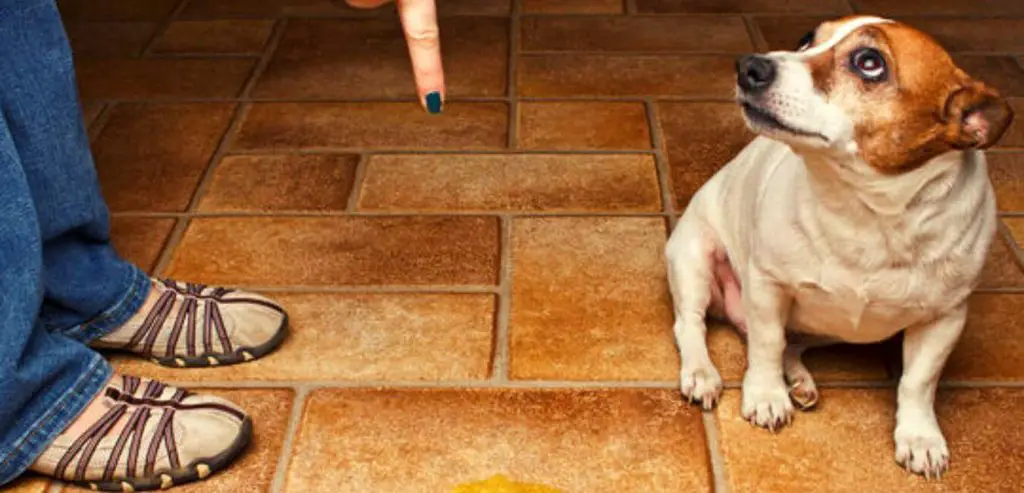
Speaking of accidents, don’t scold them and dismiss potential accidents. A puppy has the same level of bladder control as a child in diapers. The puppy often doesn’t notice he has peed until after it is finished.
At this stage, if you scold him, he won’t be able to connect it to the act of peeing. In the worst case, you will ruin the newly established bond of trust. Instead, the puppy will learn to discreetly relieve himself in empty rooms of the house.
Stay outdoors with the puppy until he has finished doing his business from now on if the puppy has gone multiple times inside the home. Then give them lots of praise for doing a good job.
Once a puppy or dog learns to relieve itself outside, it will always do so. Patience will pay off.
How to train an adult dog to go potty on its own
If a dog pees inside at home as an adult, there are two things that may be happening. One thing is that there aren’t any other pups or trained adult dogs relieving themselves outside. The other reason in most cases is physical.
A generally normal behaving dog may be ill if it starts to suddenly or gradually relieve itself inside. This condition may be brought on by, among other things, cystitis, intestinal infections, digestive issues brought on by a changed diet, or allergies.
Incontinence can also affect female dogs who have been spayed or neutered, as well as senior dogs that have weakened sphincters. Don’t wait to take your dog to the vet if he suddenly starts to relieve himself in the house.
Inappropriate relationships
The dog may pee inside for other reasons besides illness. Adult dogs can have inappropriate relationships that result in pronounced uncleanliness, just like puppies can. These frequently manifest in kennel dogs, as a result of poor training or a difficult relationship of trust.
Again, never under any circumstances scold your dog even if it makes you angry. Remove excrement with calm and silence. Peeing may become torturous for nervous dogs in particular if they link it with unpleasant events.
Work on developing a good relationship with your dog while also giving him lots of praise for going outside to relieve himself. You can train an adult dog to be sanitary if you have a lot of patience.
Advice: You may get assistance from a dog trainer in complex situations. You can identify the reasons and come up with a solution together.

